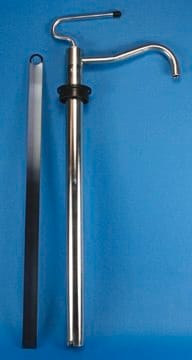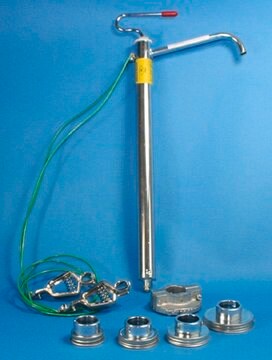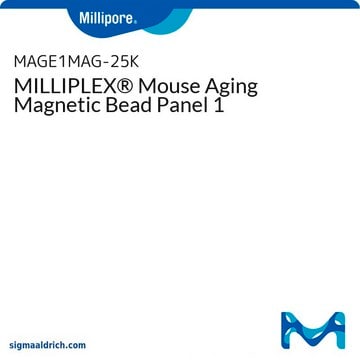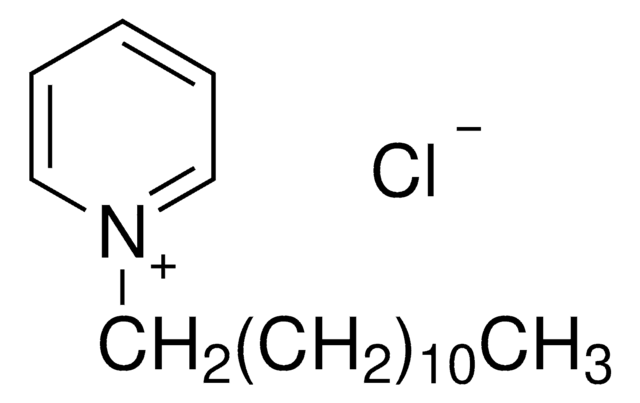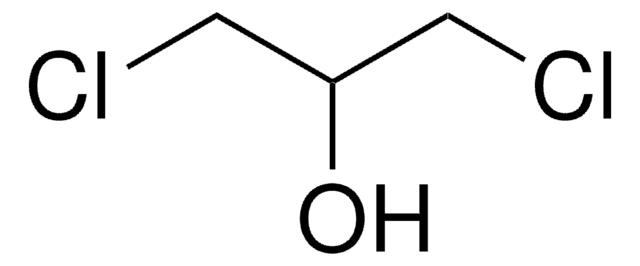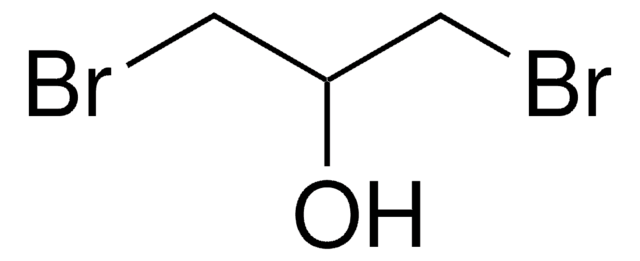AB939-I
Anti-Pancreatic Polypeptide
from rabbit
Synonyme(s) :
Pancreatic hormone, PP, Obinepitide
About This Item
Produits recommandés
Source biologique
rabbit
Niveau de qualité
Forme d'anticorps
affinity isolated antibody
Type de produit anticorps
primary antibodies
Clone
polyclonal
Espèces réactives
human
Réactivité de l'espèce (prédite par homologie)
rhesus macaque (based on 100% sequence homology)
Conditionnement
antibody small pack of 25 μL
Technique(s)
immunohistochemistry: suitable (paraffin)
western blot: suitable
Numéro d'accès NCBI
Numéro d'accès UniProt
Conditions d'expédition
ambient
Modification post-traductionnelle de la cible
unmodified
Informations sur le gène
human ... PPY(5539)
Description générale
Spécificité
Immunogène
Application
Neuroscience
Immunohistochemistry Analysis: A 1:1,000 dilution from a representative lot detected Pancreatic Polypeptide in human pancreas tissue sections.
Immunocytochemistry Analysis (ICC): A 1:500 dilution from a representative lot detected Pancreatic Polypeptide in TGP52 cell line.
Qualité
Western Blotting Analysis: 1:2,000 dilution of this antibody detected Pancreatic Polypeptide in 10 µg of PANC-1 cell lysate.
Description de la cible
Forme physique
Stockage et stabilité
Autres remarques
Clause de non-responsabilité
Vous ne trouvez pas le bon produit ?
Essayez notre Outil de sélection de produits.
En option
Certificats d'analyse (COA)
Recherchez un Certificats d'analyse (COA) en saisissant le numéro de lot du produit. Les numéros de lot figurent sur l'étiquette du produit après les mots "Lot" ou "Batch".
Déjà en possession de ce produit ?
Retrouvez la documentation relative aux produits que vous avez récemment achetés dans la Bibliothèque de documents.
Notre équipe de scientifiques dispose d'une expérience dans tous les secteurs de la recherche, notamment en sciences de la vie, science des matériaux, synthèse chimique, chromatographie, analyse et dans de nombreux autres domaines..
Contacter notre Service technique